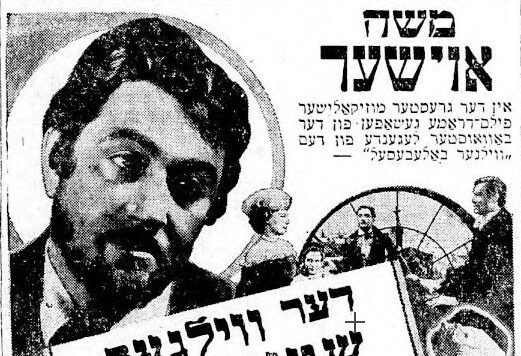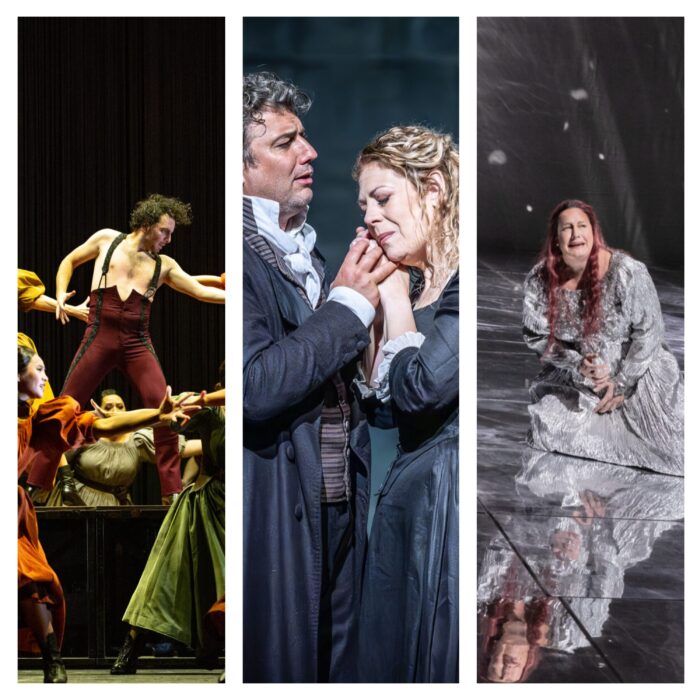
The Opera Adaptations of Friedrich Schiller’s Famous Works
By David SalazarFriedrich Schiller is one of the great writers in history, his work focusing on major philosophy and a number of major dramas. Of course, his legacy is preserved in Beethoven’s Ninth Symphony, the text to the final music set to Schiller’s poetry.
Born on Nov. 10, 1759, his philosophical essays centered on ethics and aesthetics, two such works centering on the concept of the sublime.
Of his major dramas, a vast number have been adapted into operatic works, some of them great masterpieces. Here is a look at the most famous such operas.
Don Carlos
Verdi’s most Shakespearean opera, and for many arguably his best, comes right out of one of Schiller’s greatest operas. The two differ in many respects, particularly the ending and the excising and compression of numerous extraneous characters.
Kabale und Liebe
This work is better known to opera lovers as “Luisa Miller.” While Verdi’s opera focuses on the love affair between Luisa and Rodolfo, Schiller’s work hones in on themes of absolute rule and class divides.
Die Räuber
Another Verdi adaptation (noticing a trend?), this is best known as “I Masnadieri.” The Schiller play is of great renown, often cited as a quintessential work of Sturm und Drang, while the opera itself is never lumped among the composer’s great masterworks.
Mary Stuart
“Maria Stuarda,” the second opera in Donizetti’s Tudor trilogy, is based on Schiller’s history of the Scottish Queen.
William Tell
Schiller wrote the play between 1803 and 1804 and was inspired to write the play despite never actually traveling to Switzerland (his wife had known the country and his friend Johann Wolfgang Goethe had been there). Of course, Rossini’s final opera is based on this very play and has seen a major revival in recent years.
The Maid of Orleans
Schiller, being the historian that he was, undoubtedly found himself intrigued by the figure of Joan of Arc, and his play has turned into one of his most heralded for its complex portrayal of the legendary figure. The work was adapted into a number of operas by Pacini and Klebe, but the most notable versions based on this play belong to Verdi and Tchaikovsky. Verdi’s “Giovanna d’Arco” premiered in 1845 while Tchaikovsky’s own version had its premiere in 1881.
The Bride of Messina
One of the writer’s most controversial works was adapted into two operas, “La Sposa di Messina” by Nicola Vaccai, which premiered in 1839, and “Nevesta Messinska” by Zdenek Fibich, which premiered in 1884.


